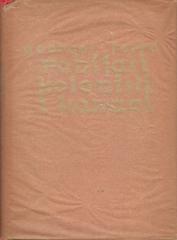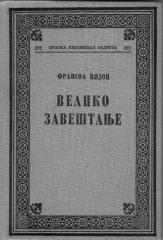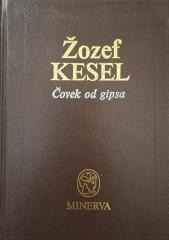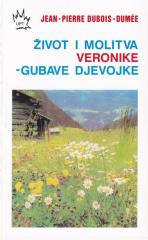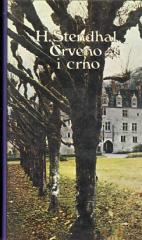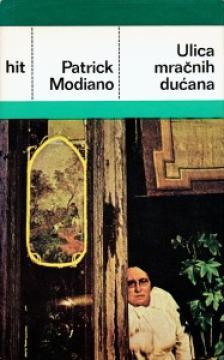
Ulica mračnih dućana
The novel follows Guy Rolland, a detective who suffers from amnesia and tries to discover his own identity. Through an atmospheric and introspective style, Modiano explores the themes of memory, forgetting and the search for oneself in a world that hides
Guy Roland is a private investigator who, in 1965, after his boss retires, decides to undertake his biggest investigation - he wants to find his true identity, discover who he is, because he lost his memory twenty years ago. Following deceptive clues, he discovers that his tragedy occurred during World War II. Meeting various, sometimes obscure, sometimes interesting personalities, little by little he finds pieces of his past, his interrupted and lost life. He discovers his friends and the love of his life, which he cannot find, and his search takes him from Paris and the alpine town of Megeve all the way to Bora Bora, but it seems that he will have to look for the answers to his questions in the Street of Dark Shops, at the address he received in the file about himself at the moment he discovered his real name. Street of Dark Shops by Patrick Modiano, winner of the Nobel Prize for Literature, is a novel in which the themes of this excellent novelist are obsessively revealed – the search for identity, the Second World War and Paris. A street of dark shops is a novel about the search for oneself, about the desire to understand the incomprehensible, to connect the past and the present. Telling an intimate story with impeccable style, Patrick Modiano has written a novel about the drama of each individual.
Multiple copies are available
Copy number 3
- Traces of patina
- Slight damage to the dust jacket
